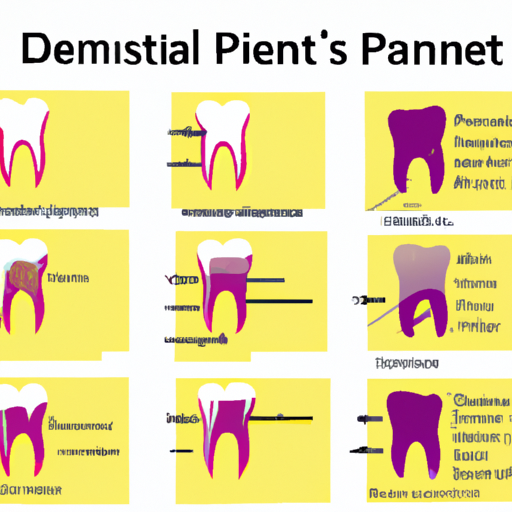Uncategorized
A Summary of Dent’s Disease
Introduction
Dent’s disease is a rare genetic disorder that primarily affects the kidneys. It is characterized by hypercalciuria, proteinuria, and hematuria. Dent’s disease is hereditary, and it affects almost exclusively males as it is X-linked recessive.
What is Dent’s Disease?
Dent’s disease is a rare genetic kidney disease that causes protein spillage in urine, kidney calcification, recurrent kidney stones, and chronic kidney failure. It affects almost exclusively males as it is X-linked recessive.
Subdivisions of Dent’s Disease
Dent’s disease is classified into two different types — type 1 and type 2. Dent’s disease type 1 results from mutations to the CLCN5 gene. OCRL1 gene causes type 2 of this condition.
Signs and Symptoms
The most frequent sign of Dent’s disease is the presence of an abnormally large amount of proteins in the urine (tubular proteinuria). Other common signs of the disorder include excess calcium in the urine (hypercalciuria), calcium deposits in the kidneys (nephrocalcinosis), and kidney stones (nephrolithiasis).
Diagnosis
Dent’s disease can be diagnosed through genetic testing, which looks for mutations in the CLCN5 or OCRL gene. It’s essential to distinguish Dent’s disease from other conditions that affect the proximal tubule (a part of the kidney), such as renal Fanconi syndrome and glomerular disease.
Treatment
The primary treatment goals for Dent’s disease are to decrease proteinuria and hypercalciuria, prevent kidney stones and nephrocalcinosis, and delay the progression of chronic kidney disease (CKD). Renal replacement therapy is necessary for those with end-stage renal disease.
Investigational Therapies
Studies have shown that a high-citrate diet may be effective in delaying the progression of the disease. Removing citrate from the diet has been found to accelerate renal insufficiency in ClC-5 knockout mice. Thus, a high citrate diet may be beneficial for preserving renal function and delaying the progression of Dent’s disease.
Genetics
Dent’s disease is inherited in an X-linked manner, meaning that the pathogenic variant responsible for the disease is located on the X chromosome. Genetic counseling is often recommended for families with a known or suspected history of Dent’s disease.
Management
When it comes to managing Dent’s disease, there is, unfortunately, no cure so far. Treatment plans are based on managing the symptoms and preventing any long-term damage to the kidneys. Dialysis may be necessary for some individuals in cases of severe renal impairment. Investigational therapies such as high citrate diets may also be used to reduce kidney stone formation.

 Skip to content
Skip to content


